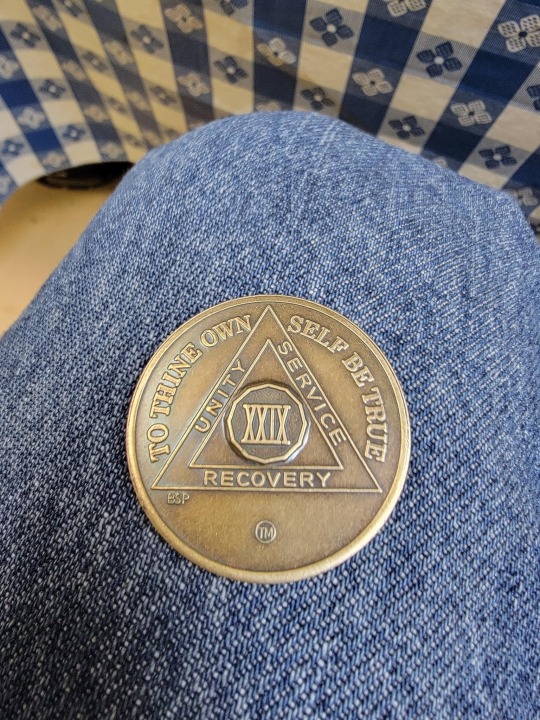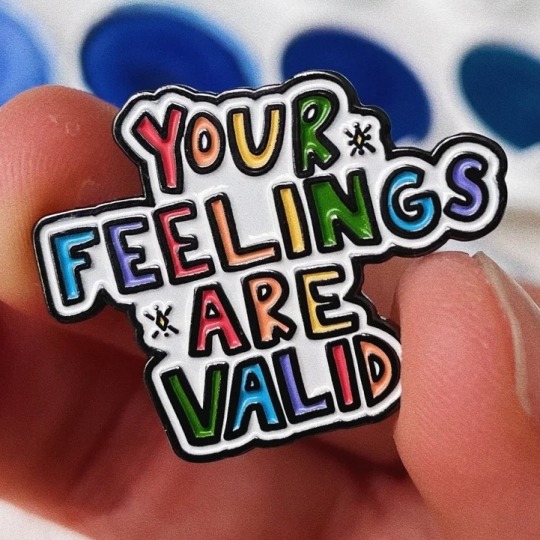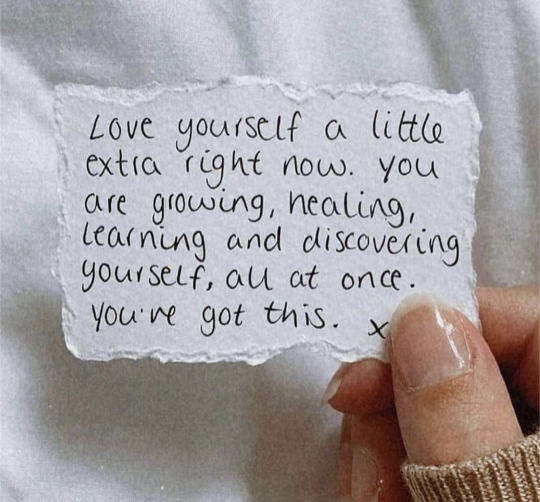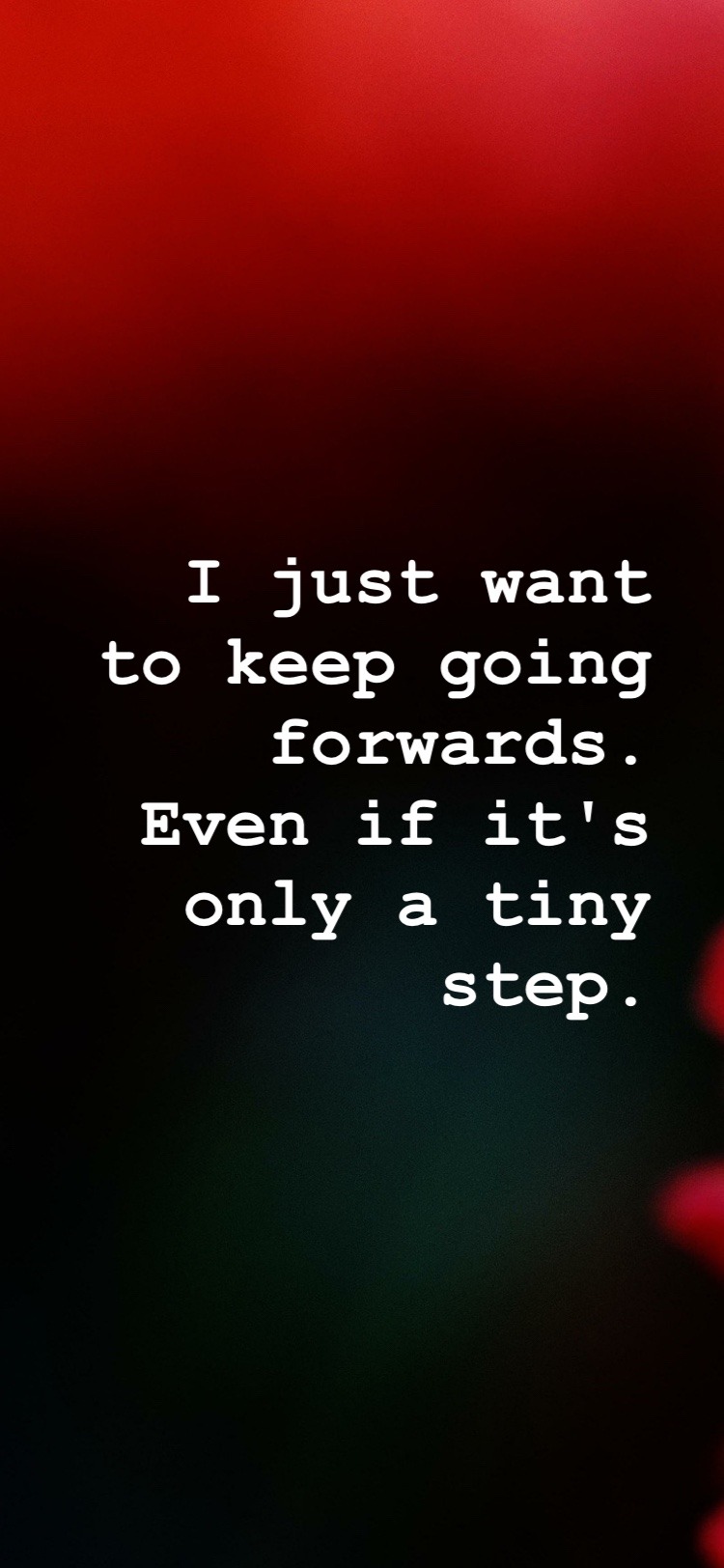Text
#meditation#hiphop#sobriety#sober#soberliving#recovery#addiction#sober is dope#soberlife#mentalhealth
12 notes
·
View notes
Text

6 notes
·
View notes
Text

Happy Mental Health Awareness Month
6 notes
·
View notes
Text

Happy Mental Health Awareness Month
#meditation#hiphop#sobriety#sober#soberliving#recovery#addiction#sober is dope#soberlife#mentalhealth#mental heath awareness
3 notes
·
View notes
Text

Happy Mental Health Awareness Month from the Sober is Dope family
#mental health awareness#meditation#mentalhealth#hiphop#sober#soberliving#recovery#addiction#sober is dope#soberlife#sobriety
5 notes
·
View notes
Text
“… O disciples, you must cease grieving unnecessarily (for parting), realise the reason for impermanence and awaken to the truth of the world. It is an impossible wish to keep what changes from changing.”
—
Buddha (Nirvana Sutra)

113 notes
·
View notes
Text

Shout out to my friend John! Congratulations on your 29 year anniversary! Thank you for showing me the way!
10 notes
·
View notes
Text
“The only thing that really matters now is whether man can climb up to a higher moral level, to a higher plane of consciousness, in order to be equal to the superhuman powers which the fallen angels have played into his hands. But he can make no progress until he becomes very much better acquainted with his own nature.”
— Carl G. Jung
43 notes
·
View notes
Photo

This blog is Dedicated to anyone suffering from Anxiety! Please Follow Us if You Can Relate: ANXIETYPROBLEMS
9K notes
·
View notes
Photo






‘‘jesus is my homeboy’’ photographed by david lachapelle for i-D magazine, september 2003
19K notes
·
View notes
Text
Today marks Eminem's 15 years of sobriety.
Congratulations, and we are very proud of you🏅🙏💜



FYI: the sobriety coin pic is not from this year. Em hasn't posted one since 2019 (I believe).
26 notes
·
View notes
Text
The Importance of Exercise in Addiction Recovery

Regular exercise can be a powerful tool in addiction recovery. It’s encouraged by many treatment centers, including our Heartland drug rehab, which promotes various activities that combine exercise and addiction recovery in a safe and healthy setting. Physical activity can greatly contribute to physical and psychological recovery from drug and alcohol abuse and make the transition into sobriety smoother. Whether you’re newly sober or have been sober for years, below are several benefits to getting regular exercise.
Exercise and Substance Abuse Recovery
The power of exercise and addiction recovery is often underestimated. A person recovering from a substance use disorder may go through many things, both physically and mentally, including everything from withdrawal symptoms and drug cravings to depression and anxiety. If exercise is encouraged to many for recovery from mental illness and chronic pain, then why wouldn’t we take advantage of it for addiction recovery?
Improved Physical Health
Not only can drug and alcohol abuse directly affect physical health, but addicts will often neglect basic things – such as dental hygiene – that can also impact their physical well-being. Exercise is particularly helpful for maintaining a healthy weight, as many addicts will turn to food to cope with cravings. However, exercising in sobriety can also strengthen their bones and muscles and improve immune function.
Improved Mental Health
While many people tend to focus on the benefits of exercise and addiction recovery for a person’s physical health, exercise can also benefit mental health. Research shows that exercise can boost a person’s mood, reduce stress, and leave them feeling energized. Poor mental health and mood swings are common for someone in early recovery, so exercise can help lower the impact. What’s more, exercise can make the transition into sobriety less strenuous mentally. Exercise can give the individual the physical and mental stimulation they may be used to getting from substances, reducing the risk of relapse.
Structure and Routine
Recovering addicts often find themselves with a lot of free time now that they are no longer focused solely on their drug of choice. If this void is left unfulfilled, it can be the quickest way to relapse as the recovering addict struggles to fill this time appropriately. Exercise can become a healthy activity to fill this void and keep the person from relapsing out of boredom.
Signing up for regular exercise classes or planning a workout regimen can also provide a concrete schedule for the individual, preventing them from becoming bored or allowing their mind to wander to things they shouldn’t. Joining a group or paying for a class or trainer also keeps the individual accountable, making it so they’re less likely to skip out on their workouts.
Stress Relief
Quitting drugs and alcohol is stressful for most people for a variety of reasons. In fact, many people started using drugs and alcohol to self-medicate and deal with their stress. Additionally, from withdrawal symptoms to boredom to shame and guilt, getting sober requires much change from the individual. Exercise can help recovering addicts by properly managing their stress and releasing endorphins and by offering them a space where they can release any built-up tension.
Improved Sleep
Struggling with sleep is also common in the early stages of recovery. As with stress, many people start abusing drugs and alcohol to help them sleep, which later results in addiction. Regular exercise can improve both the quality and quantity of sleep, helping the individual create a healthier routine. Getting enough rest is also important for controlling your mood and managing stress and other common issues in recovery.
4 notes
·
View notes






